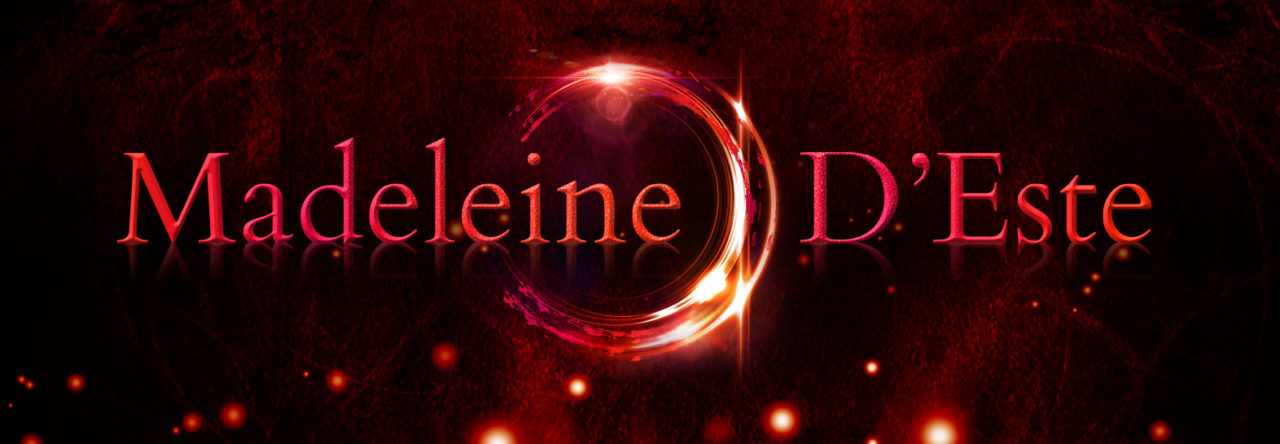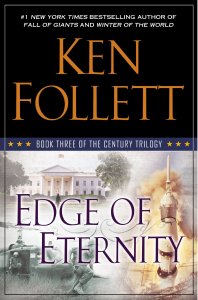I’m on a real historical fiction jaunt and my most recently finished novel is The Sunne in Splendour by Sharon Kay Penman. Originally published in 1982, this was re-released in 2013 with additional author notes.
This is the re-telling of the story of Richard III, a large monstrous figure, who Penman feels was wrongly treated by history and this is her version of the events. I’m no history buff (which makes my sudden penchant for historical event even stranger, more on that later) and had little more than a passing knowledge of Richard III and his story – his caricature as a deformed Machiavellian king. I came to this story with an open mind and went along for the ride. And it was a rollicking ride over 1,200 pages, keeping my interest along the whole way. Others with pre-conceived ideas about the “real” Richard III may not have as much fun as I did. With her excellent storytelling, I could suspend my disbelief and go along with Penman’s tale of a man betrayed by his friends and history.
The novel starts in 1459 and is split into four books; Edward, Anne, Lord of the North, Richard by the Grace of God.
I was surprised how two-thirds of the novel was devoted to the reign of his brother, Edward. Perhaps this build-up was what kept my interest, I was waiting to find out what happened when Richard actually became King. The battle scenes are lively and colourful, providing great insight into the battle strategy and the bloodiness of medieval wars. The politics and alliances are wild and tempestuous, outstripping any of the political shenanigans in modern day.
I struggled occasionally with the names of the characters but this is where the facts constrain the author. There were far too many Edwards, Georges, Johns and Richards. Then titles were awarded, then stripped. Who is Earl of Warwick now? Those medieval people needed more variety in their names.
The female characters were strong, from the equally evil Marguerite d’Anjou to Elizabeth Woodville and Richard’s own mother, Cecily Neville. The book highlighting the influence of strong women in the shadows and mainly left out of history. My interest waned a little with the love stories, but I do have a heart of stone.
The book concludes with Penman’s author notes and a 2013 update following the discovery of Richard’s remains under a carpark in Leicester.
I highly recommend this book for great storytelling, pace and character. But I will leave the believability of Penman’s version of events up to you.

www.amazon.com
Now, why am I obsessed with historical fiction at the moment? My current theory is I enjoy exploring how well formed and believable characters respond to great moments in history. Seeing from a personal perspective makes the bigger historical events more real. As a reader, I have the benefit of dramatic irony and knowledge of what’s to come, I am better informed than the characters and I’m curious to see the effect on their lives and how they’ll react. In some part relating back to my own life and wondering how would I have responded if my husband was killed in battle and I had to seek sanctuary in a church, or if the Russians came into my town after WW2. I also learn a bit of history along the way.
Do you like historical fiction? Why does it resonate with you?
Like this:
Like Loading...




























